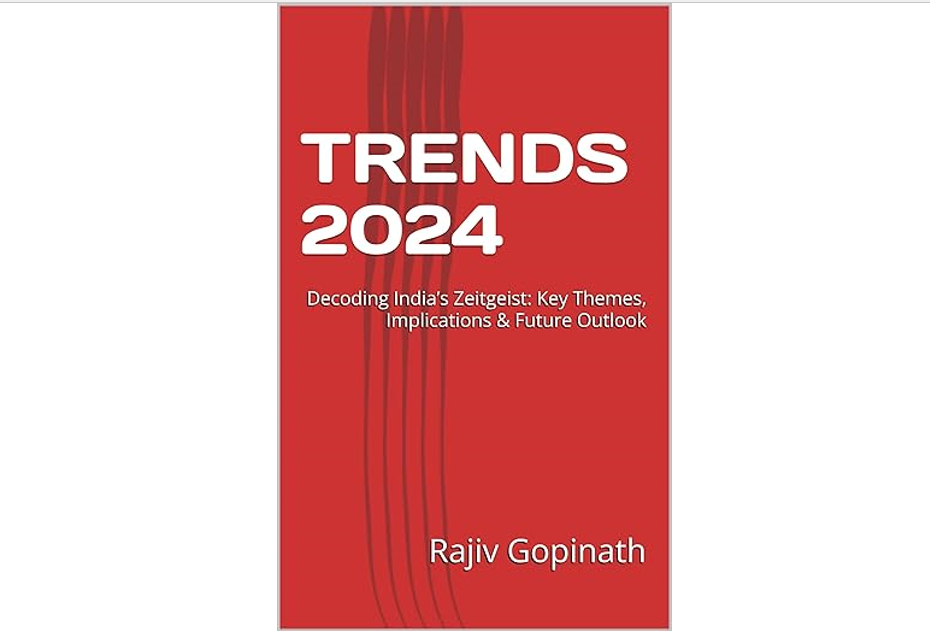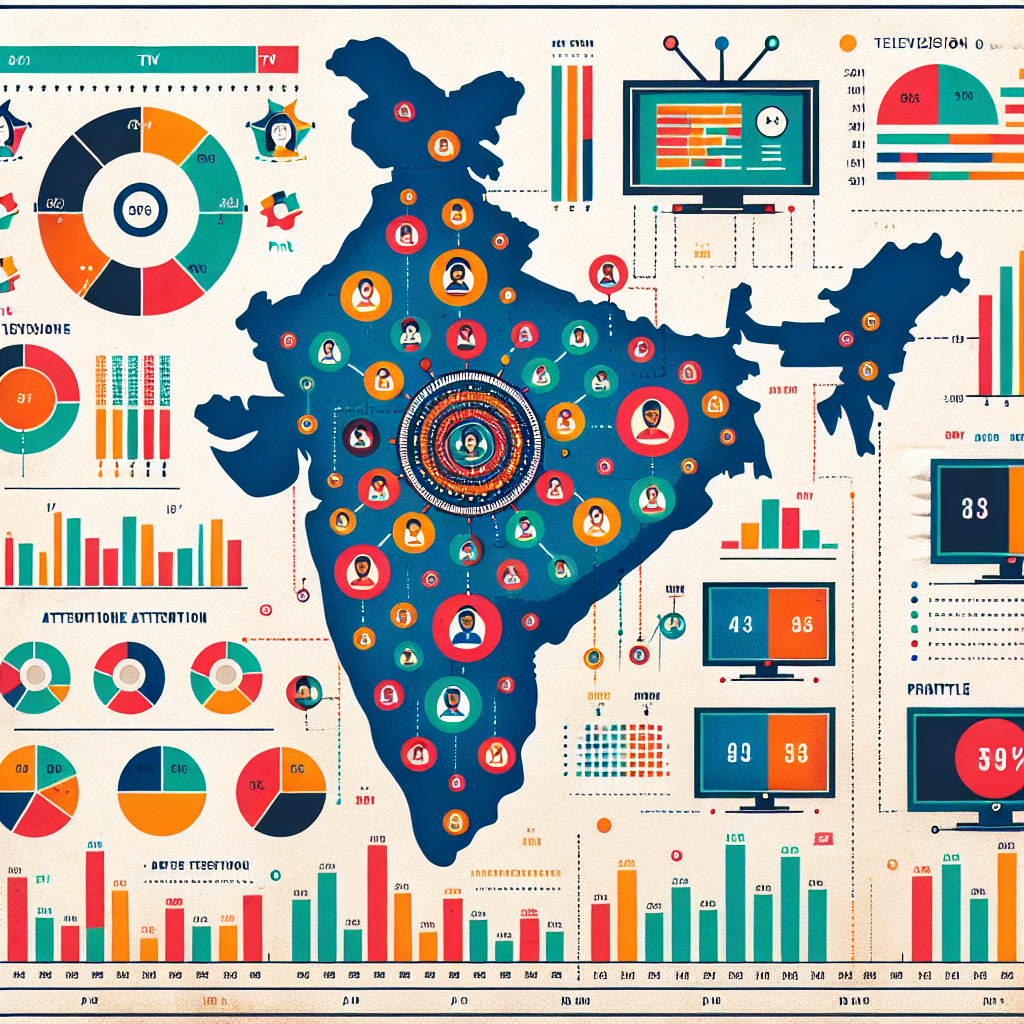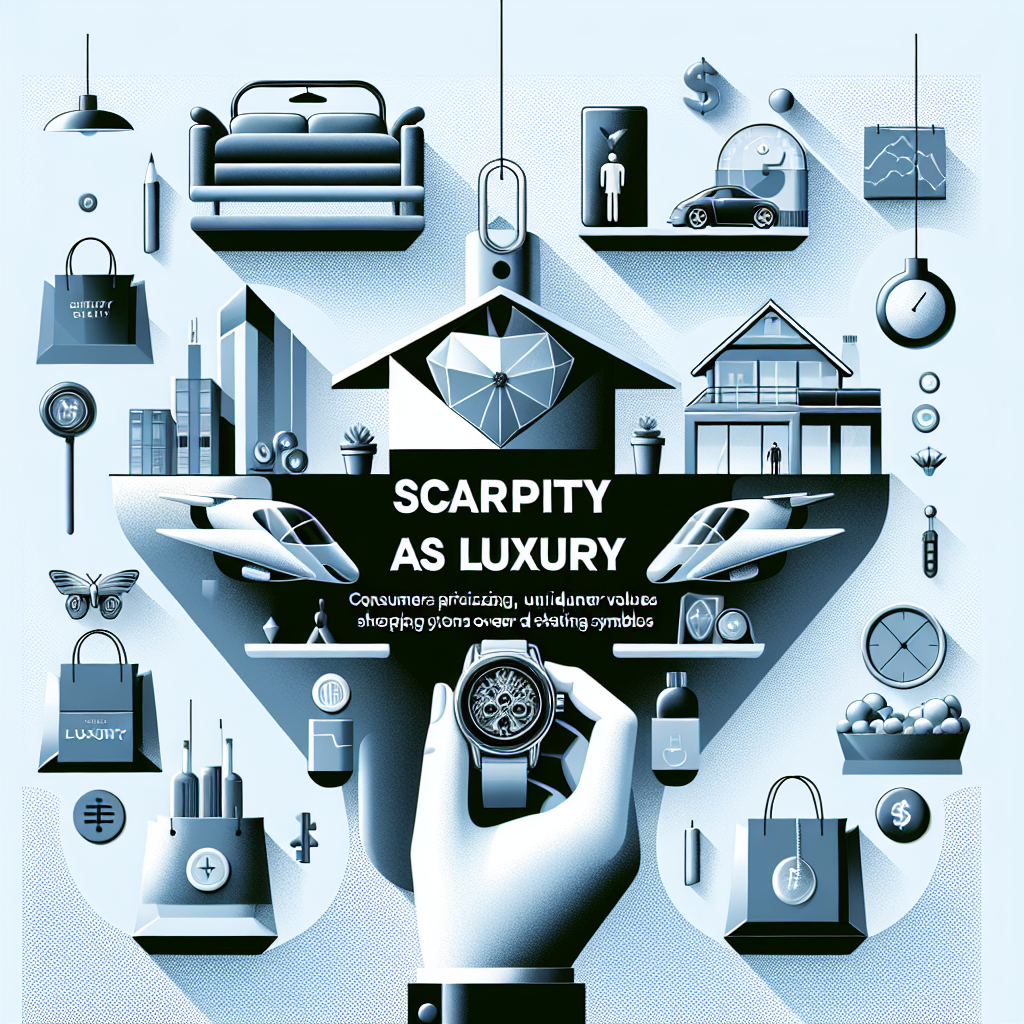Why Fans Trust Influencers More Than Traditional Celebrities
Noah still remembers the moment that changed his perspective on modern celebrity culture. While researching consumer behavior for a marketing campaign, he noticed his teenage niece completely ignoring a big-budget commercial featuring an A-list Hollywood star. Minutes later, she was meticulously following cooking instructions from a TikTok creator with a fraction of the fame but infinitely more influence over her purchasing decisions. When Noah asked why she trusted this relative unknown over the global superstar, her answer was illuminating: “She’s just like me, but a little ahead. The celebrity? They live in a different world.” This interaction sparked Noah’s fascination with the profound trust gap between traditional celebrities and digital influencers—a phenomenon that has fundamentally reshaped the marketing landscape.
Introduction: The Trust Evolution in Celebrity Marketing
The shift from traditional celebrity endorsements to influencer marketing represents one of the most significant transformations in consumer psychology over the past decade. While celebrities have endorsed products since the early days of mass media, research from the Journal of Marketing Communications shows that influencer recommendations now generate conversion rates 3-10 times higher than traditional celebrity endorsements across multiple product categories.
This trust differential has created an entirely new marketing ecosystem worth over $16.4 billion annually, with projected growth exceeding 30% through 2025. Understanding the psychological and sociological drivers behind this shift provides critical insights for brands navigating the evolving relationship between entertainment, trust, and consumer behavior.
1. The Authenticity Paradox
At the core of influencer trust lies what social psychologist Dr. Robert Cialdini identifies as the "principle of similarity"—people trust those they perceive as similar to themselves. Unlike traditional celebrities who project aspirational but often unattainable lifestyles, successful influencers strategically balance relatability with expertise.
Research from the Northwestern University Media Psychology Lab demonstrates that perceived authenticity serves as the primary driver of influencer trust, with 76% of consumers citing "genuine connection to products" as the key factor in determining whether they trust an influencer's recommendations.
This authenticity manifests through:
- Unfiltered glimpses into daily life (Emma Chamberlain's casual content style)
- Transparent disclosure of sponsored content (Something Navy's clear partnership labels)
- Willingness to share failures alongside successes (fitness influencers documenting setbacks)
- Consistent personal narrative over time (MrBeast maintaining his philanthropy focus)
The paradox emerges when influencers achieve traditional celebrity status—often diminishing the very relatability that built their platform. Successful influencers like Huda Kattan have navigated this transition by maintaining direct audience communication even as their businesses scale to enterprise level.
2. Parasocial Relationships and Digital Intimacy
The trust advantage influencers hold stems partly from what media psychologist Donald Horton termed "parasocial relationships"—the illusion of face-to-face relationship with a media figure. Modern influencers have revolutionized this concept through what communication theorist Dr. Crystal Abidin calls "perceived interconnectedness."
Unlike traditional celebrities who appear in carefully controlled media environments, influencers:
- Respond directly to audience comments and messages
- Share seemingly unfiltered moments and emotions
- Create content in intimate spaces like bedrooms and personal vehicles
- Involve audiences in life decisions through polls and feedback requests
Research from the University of Amsterdam found that regular engagement with an influencer's content creates measurably stronger parasocial bonds than equivalent exposure to traditional celebrities, with consistent daily content creating what psychologists term "ambient awareness"—a sense of knowing someone through accumulated small details rather than major public moments.
3. Expertise Through Experience vs. Paid Endorsement
Consumer behavior research from Harvard Business School indicates that modern audiences increasingly value demonstrated expertise over abstract celebrity. The most trusted influencers establish authority through:
- Documented skill development over time (cooking influencers showing progression)
- Specialized knowledge in defined niches (tech reviewers with detailed comparisons)
- Transparent product testing methodology (beauty influencers with side-by-side comparisons)
- Willingness to provide negative reviews (gaming influencers criticizing popular titles)
This expertise-based influence contrasts sharply with the traditional celebrity endorsement model, where connection between celebrity and product often appears tenuous or explicitly financial. Marketing professor Jonah Berger notes that perceived expertise generates 2.4 times more behavioral impact than celebrity status alone.
4. Algorithm-Mediated Relevance
The trust advantage digital influencers hold is amplified by what media scholar Tarleton Gillespie calls "algorithmic gatekeeping"—the curation of content based on individual user behavior. Unlike broadcast media's mass distribution model, platforms like TikTok, Instagram, and YouTube connect users with influencers aligned with their specific interests and values.
This algorithmic matching creates what marketing strategist Mark Schaefer terms "content relevance" that traditional celebrity endorsements rarely achieve. When an influencer appears in a user's feed, the recommendation itself implies relevance, creating an initial trust advantage that traditional celebrity placements lack.
According to research from the Wharton School of Business, algorithm-matched influencer content generates 3.7 times higher engagement than equivalent celebrity content, with the relevance effect amplifying trust in subsequent recommendations.
5. Community Over Audience
Perhaps the most profound difference between influencers and traditional celebrities lies in their relationship to follower groups. Where celebrities maintain audiences, successful influencers cultivate communities.
Sociological research from MIT identifies "parasocial community" as a distinct phenomenon where followers develop relationships not just with the influencer but with fellow community members. These communities exhibit characteristics traditionally associated with high-trust environments:
- Shared language and inside references
- Collaborative problem-solving
- Defense against outside criticism
- Collective identity markers
Brands like Glossier and Gymshark have leveraged these community dynamics by integrating their products into existing influencer communities rather than merely purchasing endorsements, generating what marketing professor Susan Fournier calls "brand relationship quality" that far exceeds traditional advertising outcomes.
Conclusion: The Future of Trust in Digital Entertainment Marketing
As AI and virtual influencers enter the mainstream, the trust dynamics between audiences and digital personalities continue to evolve. Research from Stanford's Virtual Human Interaction Lab suggests that transparency about artificial creation actually increases trust in virtual influencers among Gen Z audiences, provided the content maintains consistent value and authenticity.
For marketers, the central lesson remains consistent: contemporary consumers trust those who create genuine connection, demonstrate relevant expertise, and foster community—regardless of celebrity status or follower count.
Call to Action
For marketing leaders navigating the evolving trust landscape:
- Audit your brand's endorsement strategy against trust metrics rather than mere visibility
- Invest in long-term influencer relationships over one-off celebrity campaigns
- Develop measurement frameworks that evaluate community development, not just reach
- Consider micro-influencers whose deep trust with smaller audiences often delivers superior ROI
- Build internal capabilities for evaluating authentic alignment between brand values and potential partners
The organizations that understand and apply these principles won't just capture attention—they'll earn the increasingly rare and valuable currency of consumer trust.
Featured Blogs

TRENDS 2024: Decoding India’s Zeitgeist: Key Themes, Implications & Future Outlook

How to better quantify attention in TV and Print in India

AI in media agencies: Transforming data into actionable insights for strategic growth

How the Attention Recession Is Changing Marketing

The New Luxury Why Consumers Now Value Scarcity Over Status

The Psychology Behind Buy Now Pay later

The Rise of Dark Social and Its Impact on Marketing Measurement

The Role of Dark Patterns in Digital Marketing and Ethical Concerns








